“In Athens, history doesn’t whisper — it hums through every street, every stone, every sunrise over the Acropolis.”
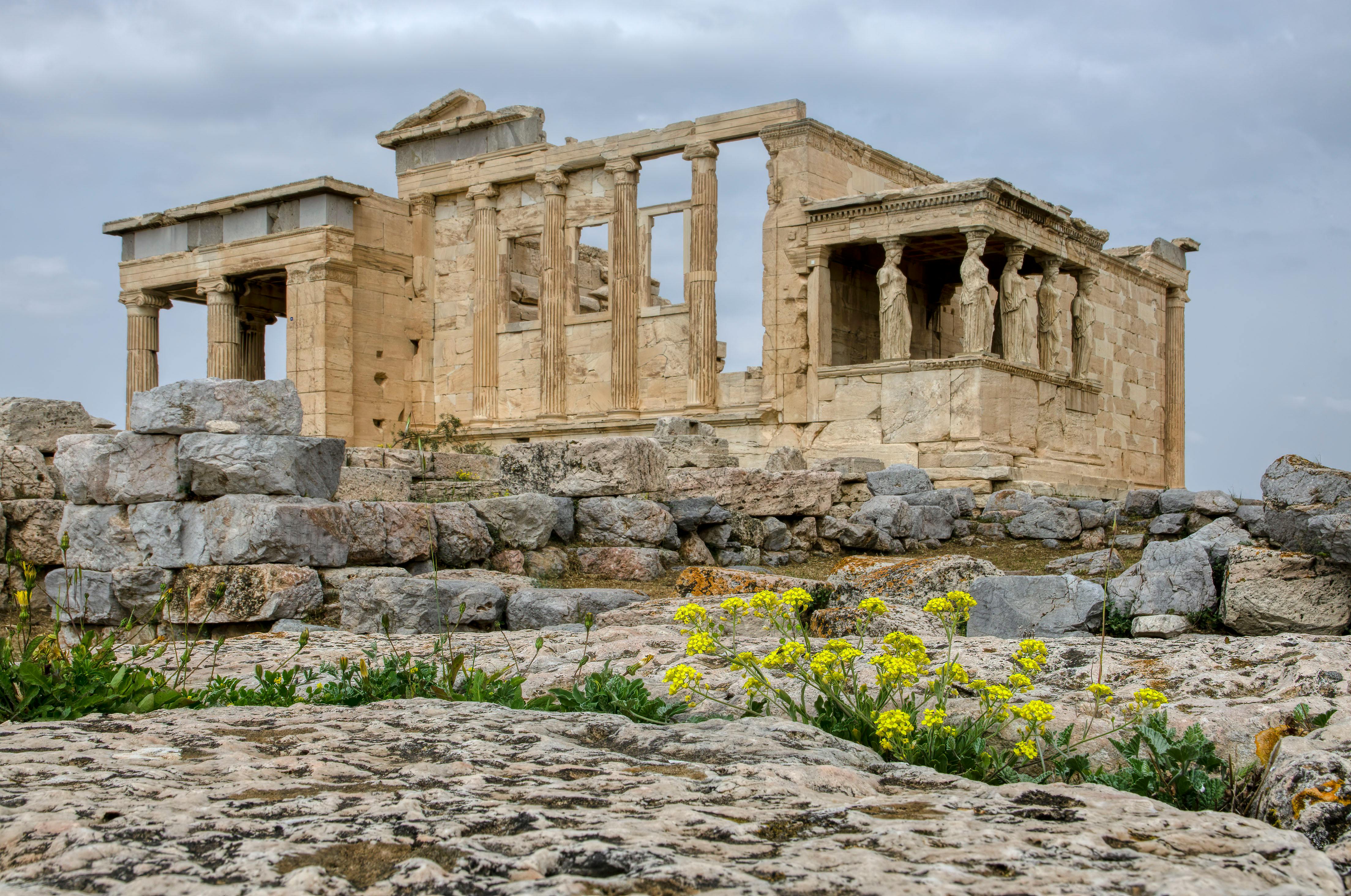
Beneath the soft glow of the Acropolis, where marble columns rise against the endless blue of the Aegean sky, Athens feels alive with echoes of the past. The aroma of strong Greek coffee drifts from hidden cafés. Scooters hum through narrow streets lined with crumbling facades and vibrant murals. The golden light settles over ruins that have seen millennia pass temples, theatres, and stones that once heard the voices of philosophers.
Athens isn’t just a city. It’s a living story, one that invites you to pause, listen, and walk with both the present and the past.
And if you can’t be here in person?
You can still experience its wonder through virtual travel, stroll the Agora, gaze up at the Parthenon, or stand in the shadow of the Acropolis while the Aegean light washes over the city.
Where Legends Planted the First Olive Tree

Like all great beginnings, Athens started with a myth and a rivalry.
The gods Poseidon and Athena both longed to protect a beautiful hilltop city. To win its people, Poseidon struck the rock with his trident, and a spring of saltwater burst forth powerful, yes, but undrinkable. Athena, calm and wise, offered something simpler: an olive tree, symbolizing peace, wisdom, and prosperity.
The people chose Athena’s gift. The city took her name. And so Athens was born, not from war, but from wisdom. Even now, olive trees grow all across the city, their silver-green leaves rustling softly in the breeze, reminders that Athens was built on the belief that reason can triumph over might.
Geography helped too. Surrounded by protective hills, fertile plains, and the open sea, Athens stood perfectly placed, safe yet connected, humble yet full of promise.
The Birthplace of Democracy and Ideas
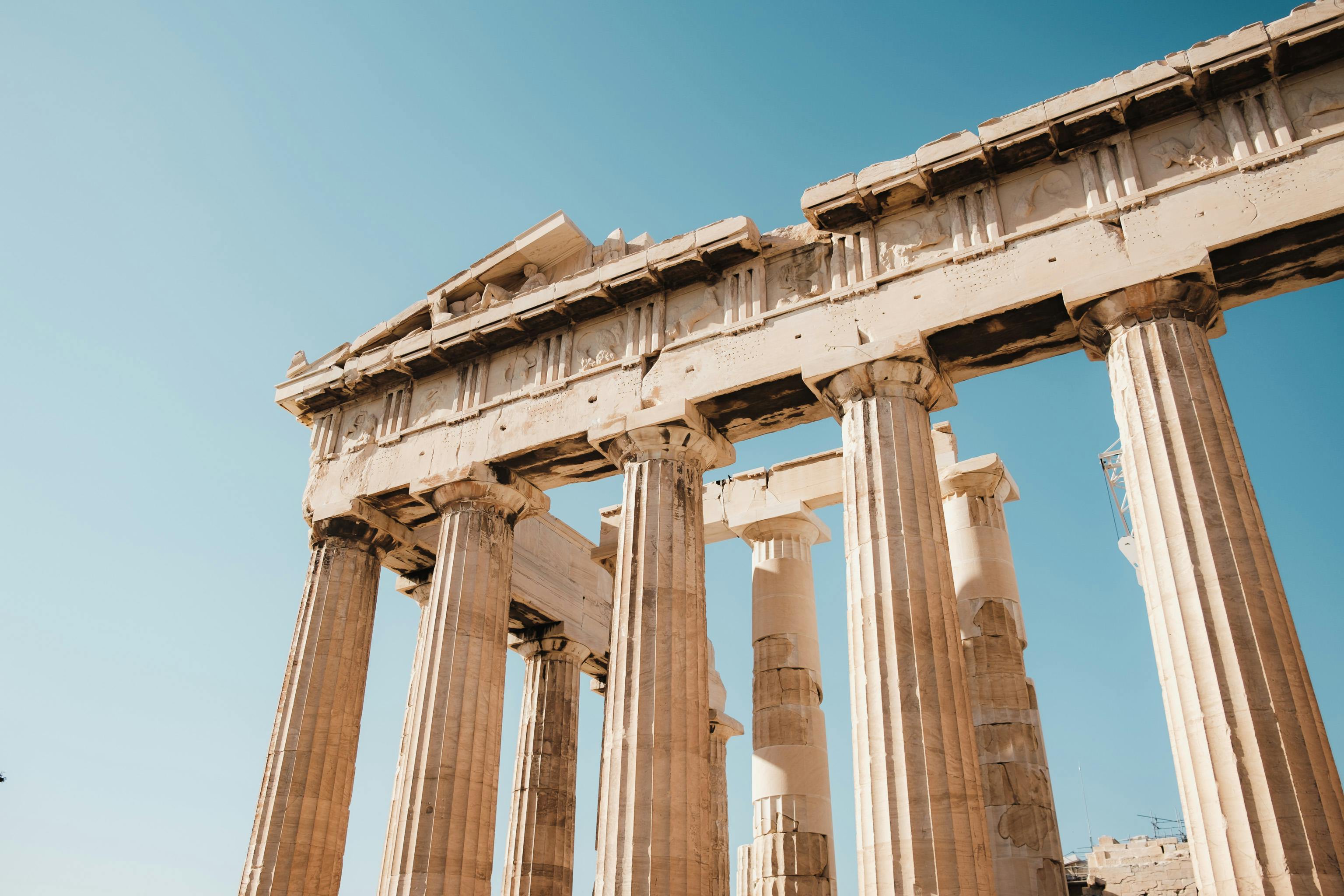
By the 6th century BCE, the city that began as a myth had become a movement. Here, for the first time, citizens gathered in open spaces — the Agora — to debate, decide, and dream together. From these conversations, democracy was born.
Under visionary leaders like Pericles, Athens entered its Golden Age. The Parthenon rose in gleaming white marble, its columns catching the sun’s rays over the Mediterranean. Amphitheaters filled with the laughter and tears of audiences watching plays by Sophocles, Euripides, and Aristophanes. And in shaded courtyards, thinkers like Socrates, Plato, and Aristotle questioned everything from justice and beauty to the meaning of the soul itself.
Athens became more than a city of stone. It became a city of thought, a laboratory for ideas that still shape how we live, govern, and imagine the world.
Through Empires and Upheavals
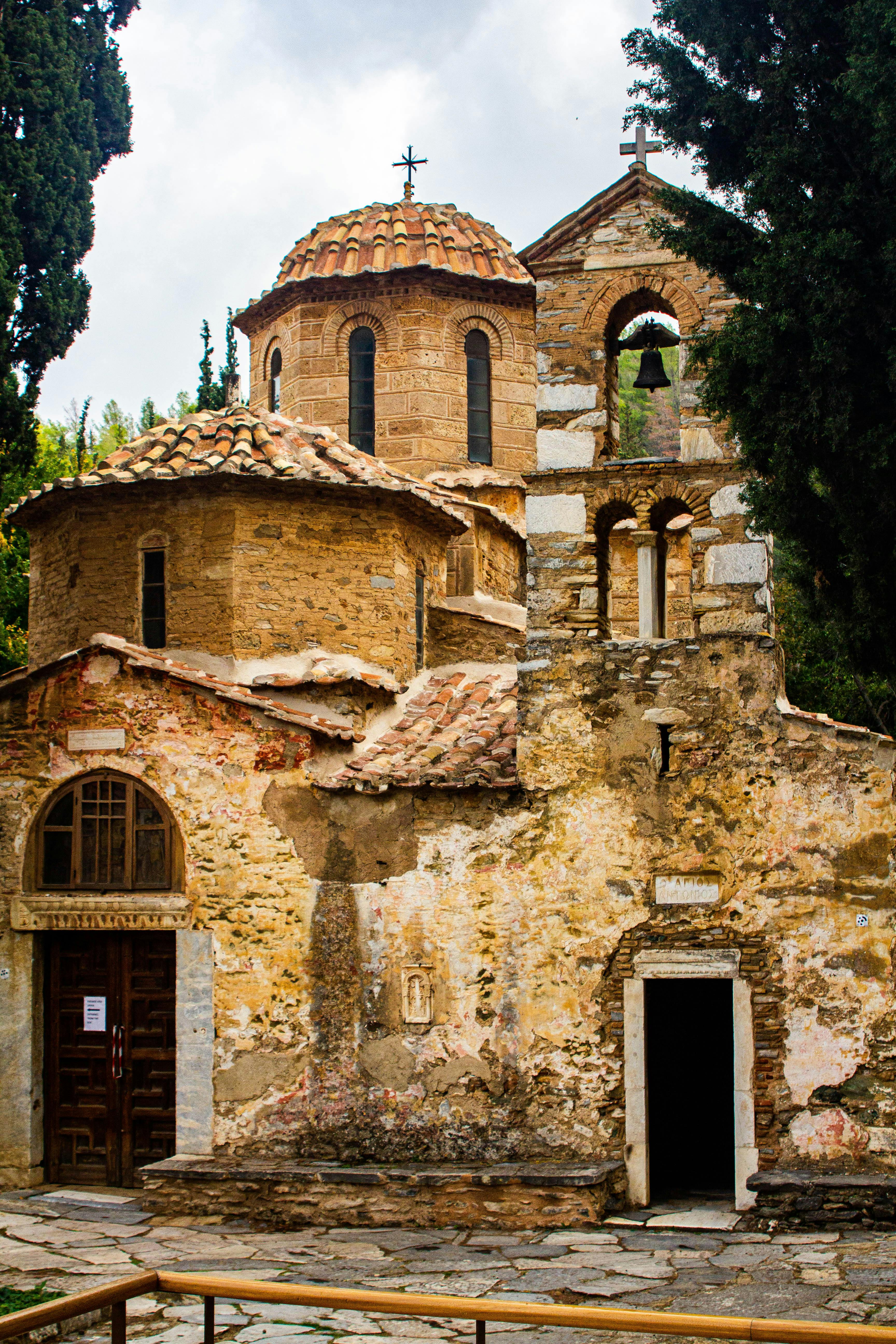
But even gods’ cities face storms. The city of Athens fell to Sparta, then later to Rome, Byzantium, and the Ottoman Empire. Each era reshaped its skyline, as temples became churches, then mosques, and finally, ruins. Columns crumbled, empires faded, but Athens endured.
When Greece regained its independence in the 19th century, choosing Athens as its capital was more than symbolic.
It was a homecoming — a return to the birthplace of the Greek spirit, to the city where democracy and art had first taken root. Today, you can still see those layers in a single glance: an ancient ruin beside a Byzantine dome, beside a modern café filled with laughter.
Athens Then and Now
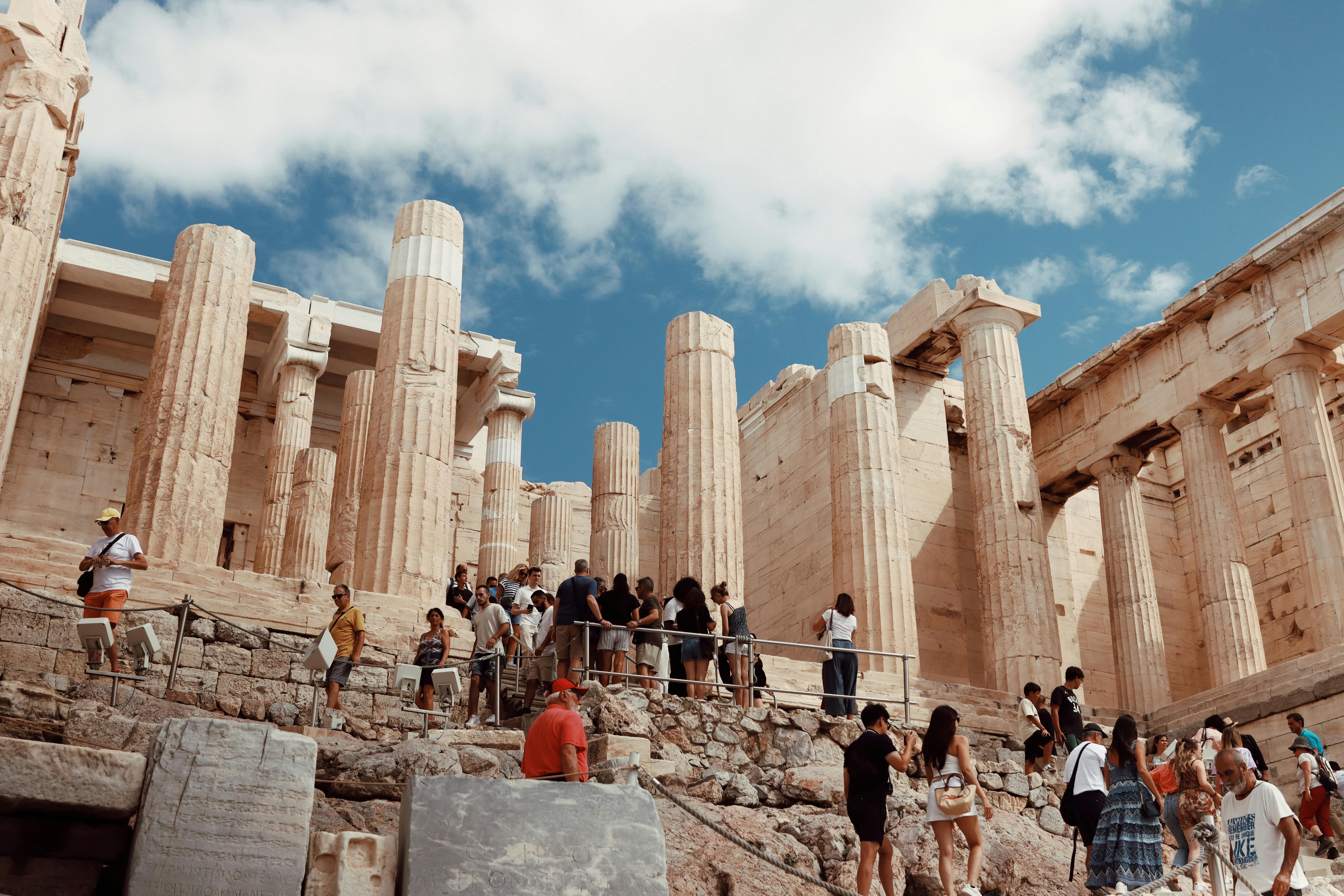
Athens is a paradox, timeless and ever-changing. Walk through Plaka, its oldest neighborhood, and you’ll hear street musicians strumming guitars beside pastel-painted houses. In Monastiraki, the scent of souvlaki fills the air, while merchants call out from stalls piled high with leather, ceramics, and handmade sandals.
Look up, and the Acropolis still reigns above it all — not as a relic, but as a heartbeat. As night falls, the stones glow gold against the indigo sky, watching over a city that dances, debates, and dreams just as it did 2,500 years ago.
The Spirit That Still Shines
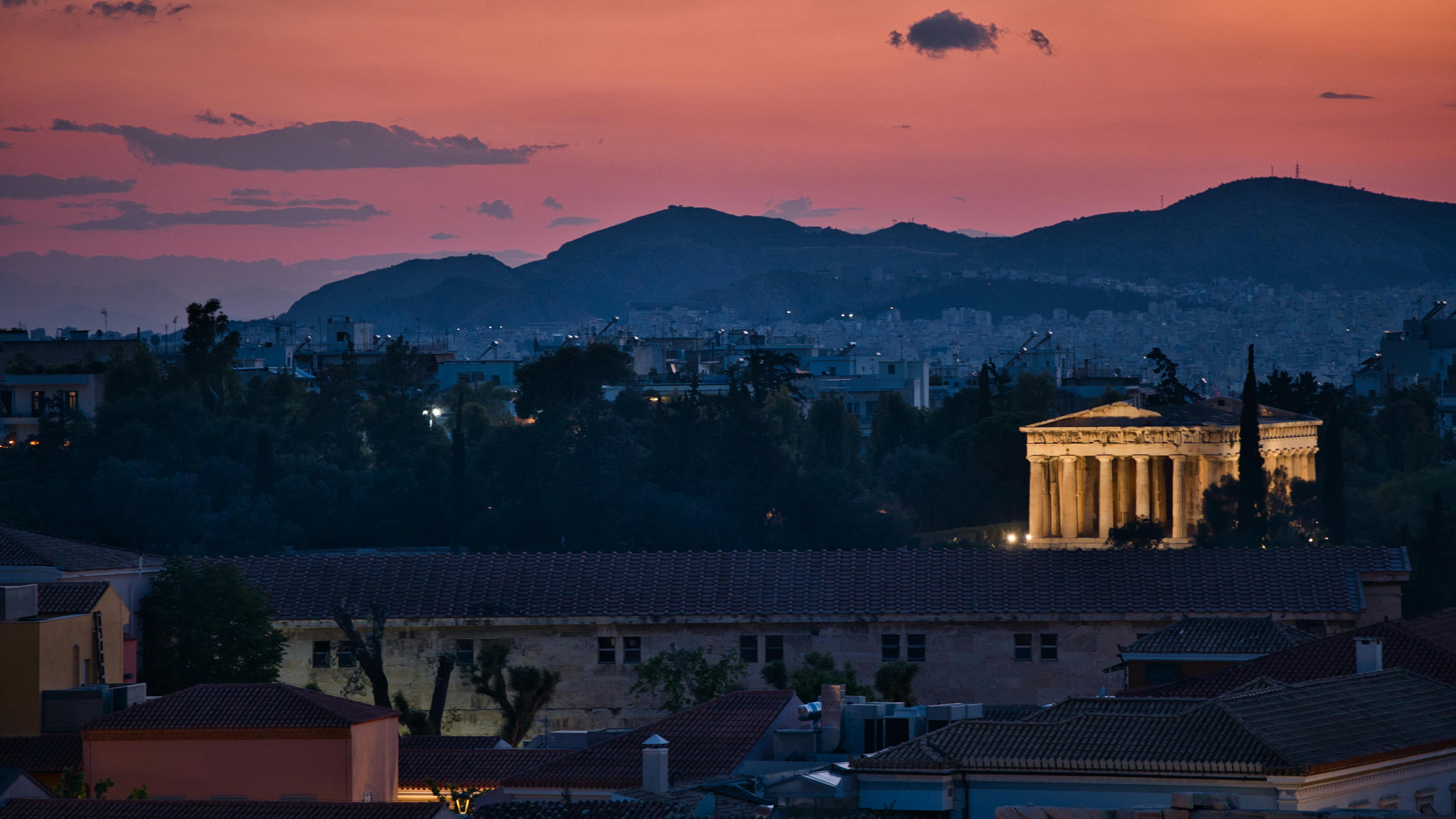
Athens’ true monument isn’t the Parthenon, it’s resilience.
This city has burned, fallen, rebuilt, and risen again countless times. And through every trial, it’s held onto what matters most: the courage to question, to create, and to believe in something greater than survival. That same spirit lives in its people today, in the poets performing at open mics, in the artisans reviving old crafts, and in the laughter echoing through ancient streets.
Athens teaches us that greatness isn’t about perfection. It’s about persistence, about rebuilding when the marble cracks, about dreaming even when empires fade. Whether you’re standing beneath its golden ruins or exploring it from your screen, you’re part of the same human story that began with a goddess’s olive tree and a city’s undying will to grow.
Athens is more than ancient columns and myths, it’s a conversation across centuries. Every café, every ruin, every sunrise feels like a reminder that the human spirit, when guided by wisdom and wonder, can outlast time itself.
In every sense, Athens isn’t just history it’s humanity’s oldest dream, still alive and humming beneath the marble and the sky.

